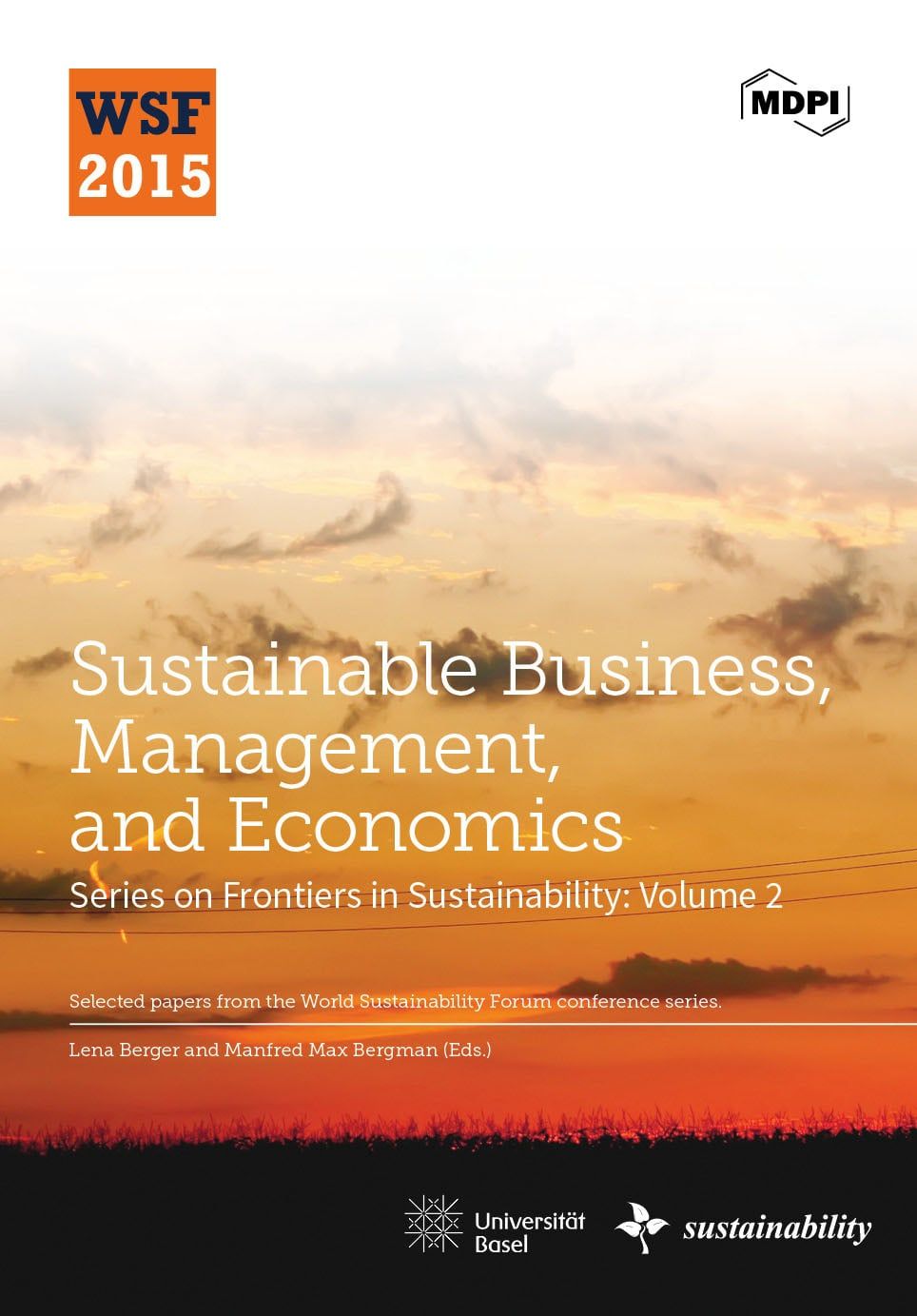Determinants of Sustainable Business Model of Companies Early Stage of Development
Abstract
This paper presents the findings of research on companies in the early
stage of development based on the concept of ensuring their sustainability. The
starting point are attributes that shape a sustainable model of start-ups. A solution
has been proposed and examined that identifies the dynamic factors of business
models, which enable the company to make fast changes in the configuration of
the business model, and that apply stabilizing factors based on the concept of the
“triple bottom line”. The research problem is a response to the phenomena of the
bankruptcy of many start-ups that cannot find a way to survive in the long term.
The business models of companies in the early stage of development should be
designed to take into account the possibility of their dynamic and iterative changes
when earlier assumptions turn out not to work upon implementation. A cognitive
gap has been observed as the relevant literature does not propose a systemic
solution to the problem of instability of the start-ups viewed from the perspective
of the business model concept. The research problem, therefore, is to identify
potential new methods to ensure the sustainability of young companies trying
to combine dynamic aspects of business models, taking into account economic,
environmental and social aspects. The findings of research on companies in the
early stage of development show that when the methods of increasing the flexibility
of the business model are applied and attention is drawn to environmental and
social activities and a strong emphasis is put on financial performance, reflecting
the expectations of shareholders, the concept of ensuring the sustainability of young
companies from the point of view of sustainable business model attributes emerges.
